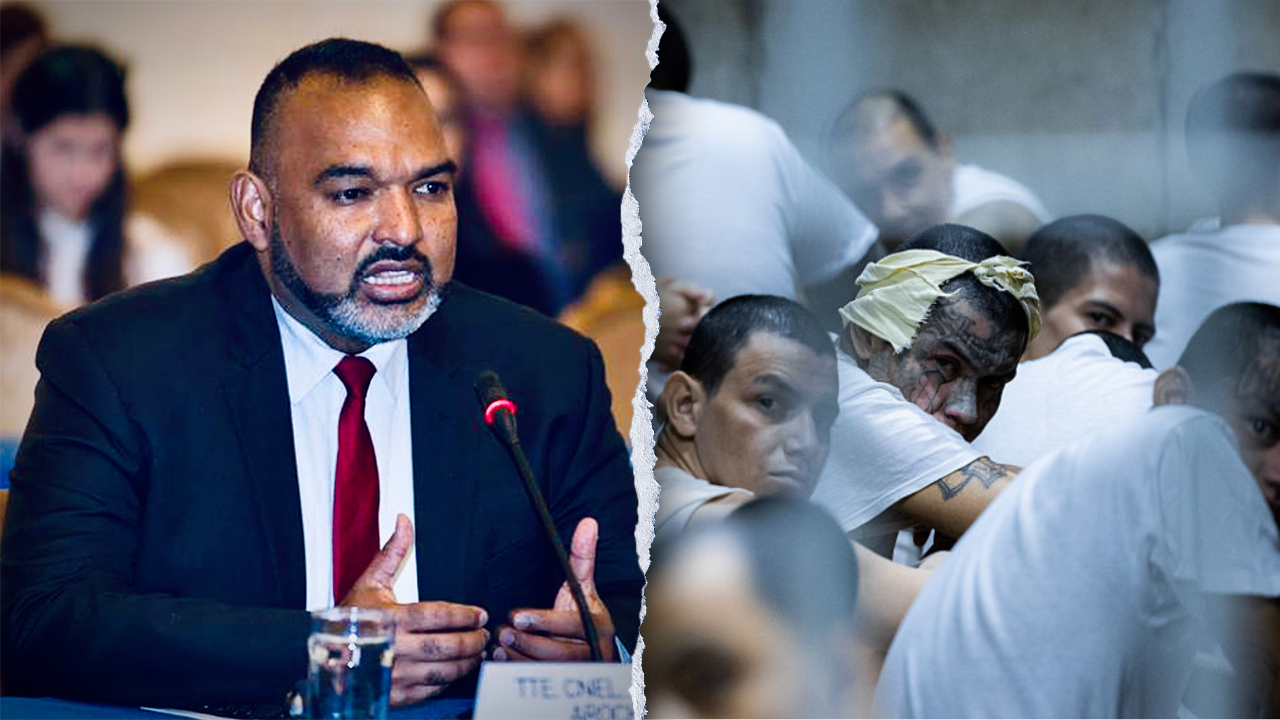Congratulations are in order for actress Brianne Howey and her husband Matt Ziering.
The couple announced the birth of their first child together on the Ginny & Georgia star’s Instagram page on Sunday.
While they didn’t reveal whether they are now the proud parents of a boy or a girl, the actress did post a photo from the hospital as she held her newborn on her chest.
‘My whole world just got a whole lot sweeter. And smaller. Welcome my little love,’ she gushed in the caption.
In the photo, Howey has a blissful smile on her face as she lays back on her hospital bed with her new little one snuggled up under her chin with a tiny beanie cap on.
Growing family: Georgia & Ginny star Brianne Howey, 34, announced the birth of her first child with husband Matt Ziering with a photo of herself snuggling up with their new born
Many of Howey’s colleagues on Ginny & Georgia sent their congratulations to her in the replies.
Her co-star Antonia Gentry, who plays her daughter Ginny, sounded overjoyed when she wrote, ‘OH MY GOD CONGRATULATIONS.’
Sara Waisglass, who plays Max on the Netflix comedy-drama, wrote, ‘Sobbing. congratulations mama!!!’
Meanwhile, showrunner Debra J. Fisher, wrote, ‘So many happy tears. Congratulations!’
The happy couple, who will celebrate their second wedding anniversary on July 24, actually met through mutual friends, resulting in them running into each other three nights in a row at a couple of bars in Los Angeles.
They ended up dating for five years before finally tying-the-knot in 2021.
They would have gotten married sooner but the COVID-19 pandemic forced them to push back their plans.
Howey, 34, and Ziering, 38, who’s a lawyer in Los Angeles, would later celebrate their nuptials with a tropical honeymoon in Aruba.

Family matters: This is the first child for Howey and husband Matt Ziering, who dated for five years before marrying in July 2021
The news of Howey’s new arrival comes one month after the announcement that Geogia & Ginny got renewed by Netflix for two more seasons.
In the social media posts, there was only a simple black image with ‘3 & 4’ in white was posted, alongside a comment that heaped praise on the viewers for its success leading up to the greenlight for seasons three and four.
‘This is because of the fans, ‘ it read in the caption, along with prayer hands, a hand heart, peach and red heart emojis
After soaking in all the sun and fun in Aruba on their delayed honeymoon, Howey confessed to Us that she was looking forward to expanding their family, which was followed by the announcement that she was in fact pregnant about four months later.

Baby news: The actress went public and announced she was pregnant in an Instagram post in March that showed her flaunting her baby bump after walking the runway for Boss

Happy thoughts: Howey’s co-star Antonia Gentry, who plays her daughter Ginny, was among her Ginny & Georgia colleagues to comment on the arrival of her baby, writing, ‘OH MY GOD CONGRATULATIONs’

Green light for seasons ‘3 & 4’: The arrival of Howey’s first child comes one month after Ginny & Georgia was renewed for two more seasons by Netflix
‘@boss show with my forever new +1 thanks for having us! Loved every second of the new collection #hugoboss,’ she wrote in an Instagram post, along with a photo of the actress flaunting her baby bump backstage at the runway show.
Georgia & Ginny, starring Gentry and Howey in the titular roles, first premiered on Netflix in February 2021.
On the heels of its initial success, the comedy-drama got renewed for a second season in April 2021, which ultimately made its debut on January 5, 2023.
Ginny & Georgia follows free spirit Georgia Miller (Howey), a 30-year-old mother of teenager Ginny Miller (Gentry) and her young son Austin (Diesel La Torraca), as they move to a fictional affluent town in Massachusetts for a fresh start after Georgia’s husband dies.

































